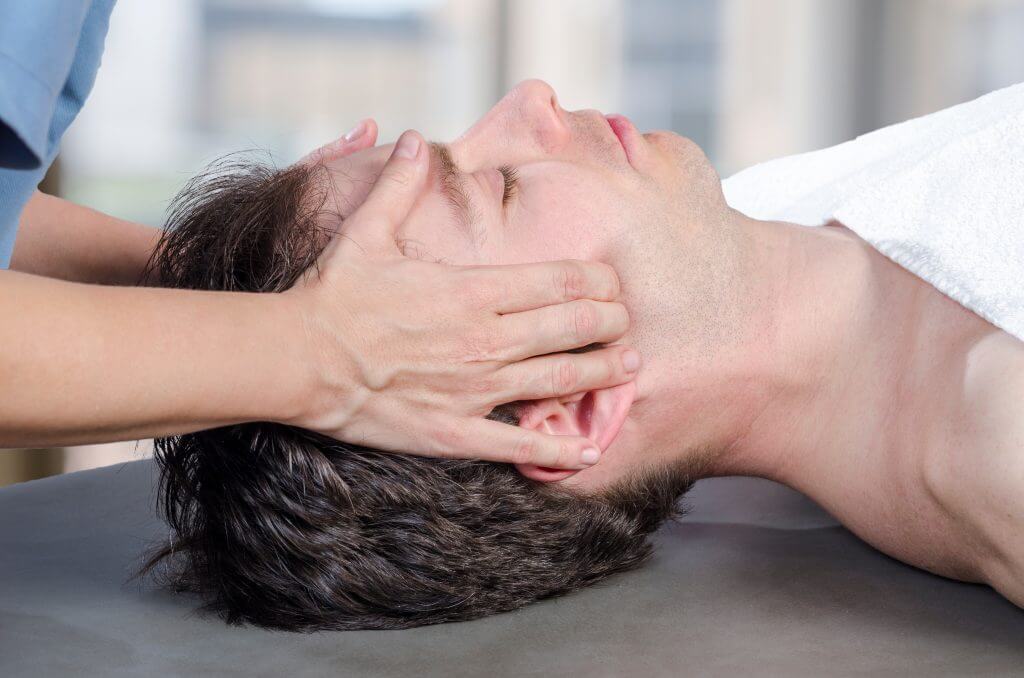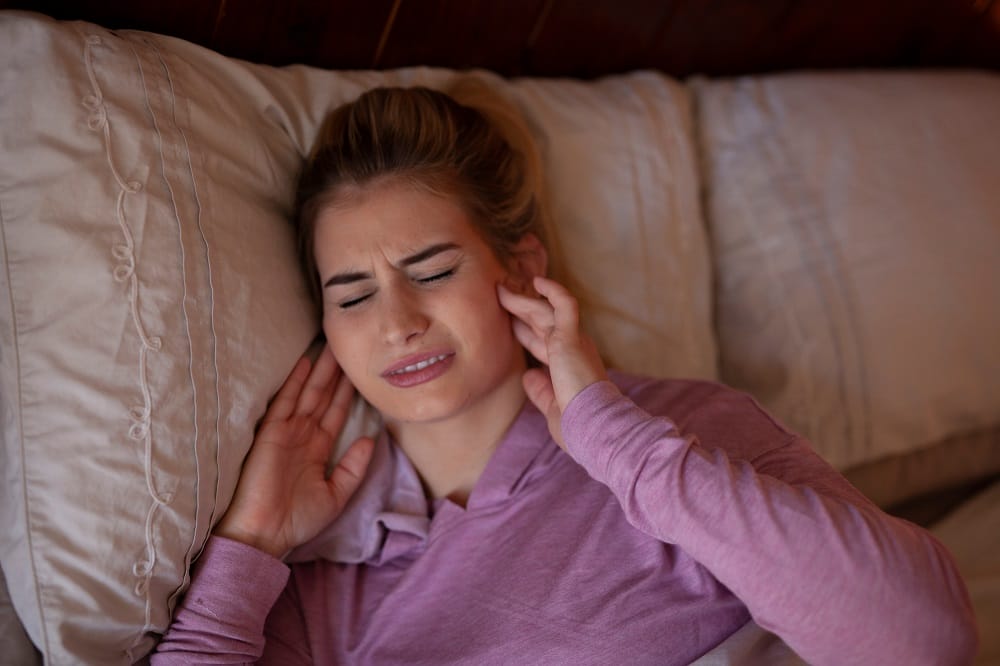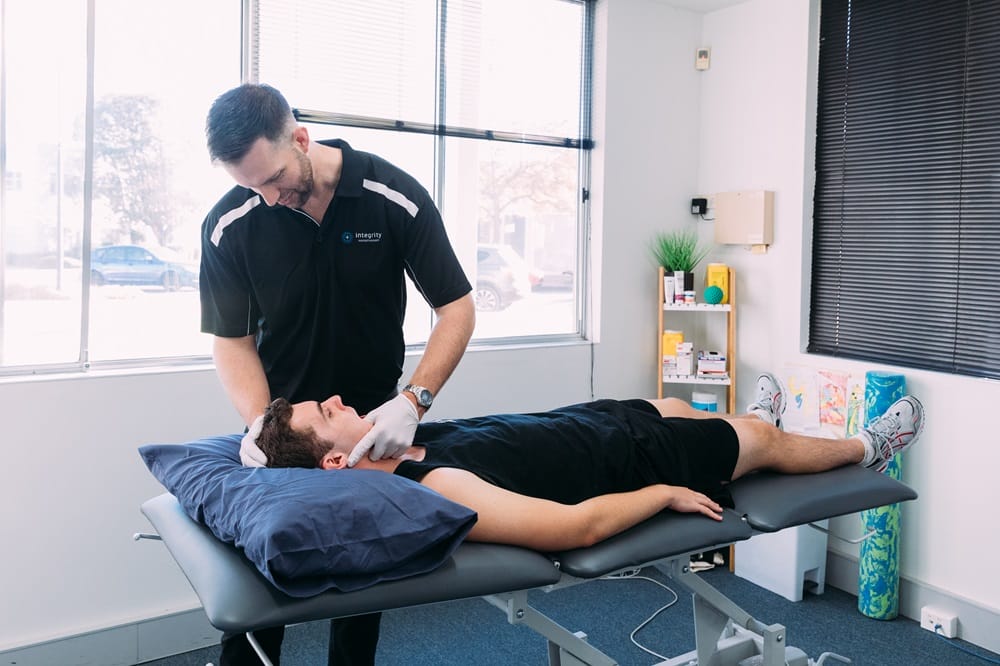
If you’re trying to find relief from jaw problems and pain, physiotherapy for jaw pain can help. Problems with the temporomandibular joint (TMJ) can be frustrating, causing symptoms such as pain, headaches and restrictive jaw movement.
What Is The Temporomandibular Joint?
The temporomandibular joints (TMJ) are the most frequently used joints in the body. They are responsible for assisting with eating, talking, and facial expressions. Disorders to the TMJ often involve at least one of the following structures:
- The mandible
- The articular disc
- The temporal bone
- The muscles or ligaments of the jaw
- Other nearby structures such as the neck, ears, teeth, face and cervical spine.
Symptoms Of TMJ Disorders
- Clicking or popping noises from the jaw
- Teeth grinding/clenching
- Limited movement of the jaw
- Jaw tenderness
- Ear pain
- Headaches
- Upper neck pain
What Are The Causes Of TMJ Disorders?
Problems with the TMJ are considered a multifaceted musculoskeletal disorder. Some of the common causes include:
- A previous jaw injury
- Rheumatoid arthritis
- Osteoarthritis
- Temporomandibular disc displacement
- Muscles pain and overuse
- Chronic teeth grinding or clenching
- Poor jaw alignment
- Dental problems
Diagnosing Temporomandibular Disorders
Temporomandibular joint disorders can be diagnosed by an appropriately experienced physiotherapist. Other professionals who can assist include your dentist or oral medicine specialist. Further testing may be required, such as an X-ray, MRI or a CT scan to access the severity of your condition.
Physio for TMJ pain will include an assessment to evaluate your muscle length and tension, jaw range of motion and your TMJ movement patterns. This helps to identify whether your TMJ disorder is due to an opening or closing problem.
TMJ opening disorders:
- Arthritis or stiffness
- TMJ hyper-mobility
- Muscle disorder
- TMJ disc displacement
- Cervical spine issue
TMJ closing disorders:
- Locked joint
- Occlusion problems
Treatment for TMJ Disorders
After your initial assessment, your physiotherapist experienced in jaw disorders will determine the appropriate treatment required to manage pain and any contributing factors. TMJ physiotherapy may include:
- Strengthening and stretching exercises
- Joint mobilisation techniques
- Posture correction
- Massage
- Dry needling
- Relaxation techniques
If your TMJ disorder is caused by teeth grinding, clenching or stress, your physiotherapist may work in conjunction with your dentist. This can be very effective in reducing teeth clenching or grinding, and reduce associated jaw pain.
Until you have begun treatment for your TMJ disorder it is recommended to avoid anything that may aggravate your condition where possible, such as:
- Chewing on hard foods
- Nail biting
- Yawning
- Leaning on your jaw
- Smoking
- High stress levels
TMJ conditions often differ from person to person so it’s always best to book an appointment with a qualified and suitably experienced physiotherapist to assess your condition. Physiotherapy for jaw pain is an effective way to identify if other structures are involved, provide relief from pain and deal with any underlying issues which may be causing the problem.
Your physio can use a range of techniques including exercises, massage, jaw mobility techniques and dry needling to design a treatment specific for your condition. To find out more about TMJ disorders and how you can find relief from pain, contact Integrity Physio for advice.




